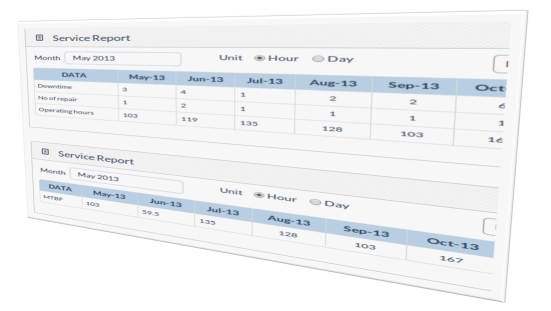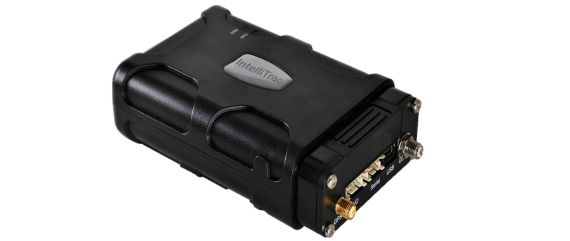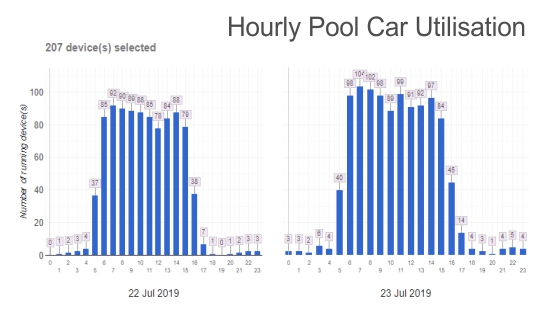A good Fleet Management Software Solution should provide the following functionality:
- Enter data relating to the vehicle purchased such as Make, Model, Year, Designation and Variant as well as other customisable data fields such as colour, optional extras installed, and asset/plant number.
- Enter Acquisition Costs
- Enter & Manage Depreciation Costs
- Enter expected disposal criteria such as time, odometer or hour meter readings
- Enter and Log vehicle maintenance & service data, parts used, costs, check list items
- Enter expected disposal criteria such as time, odometer or hour meter readings
- Enter revenue earned by Fleet Department in supplying & managing the vehicle for the business
- Enter other operational costs such as fuel, rego, road tax, insurance
- Enter disposal revenue
- Calculate total cost of ownership over vehicle lifecycle and per km travelled or hour operated
A great GPS Fleet Management System will further enhance the offering by using GPS Telemetry data to:
- Provide reporting, dashboards and alerts on
- Vehicles due for service
- Insurance, Rego, CTP, RUC, Road Tax Reminders
- Vehicles due for disposal
- Provide Utilisation Reports & Recommend under utilised vehicles for disposal
- Provide Statistical Mean Time Between Failure and Mean Time To Repair Data to recommend vehicles for disposal
- Accurately Calculate Fuel Consumption, Fuel Card Usage, and detect fuel theft
- Minimise compliance administration by automatically calculating FBT Logbooks
- Maximising Fuel Tax Credits in Australia & Streamlining RUC in New Zealand



